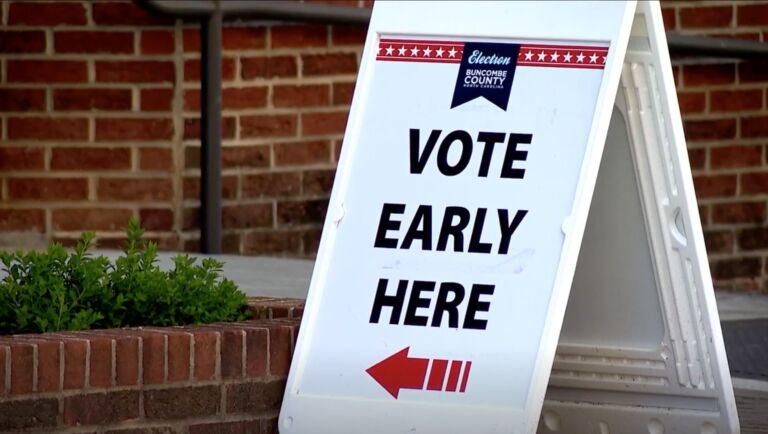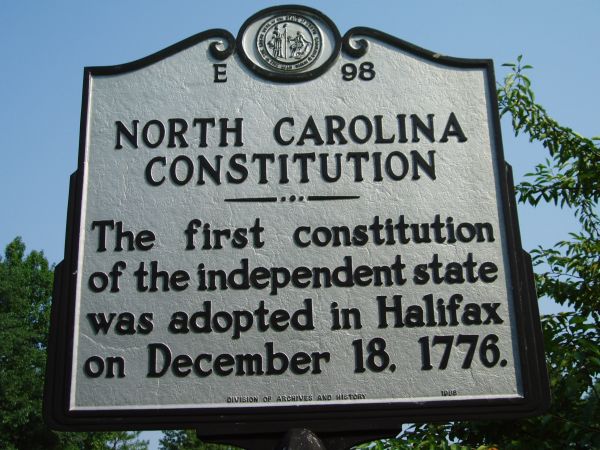It’s election day for Raleigh.
And by this time, you’ve certainly heard a lot of talk about the future of our city. You’ve heard about vibrancy. You’ve heard about regulation. You’ve heard about resident complaints. No doubt, you’ve heard more than you wanted to. (And if you haven’t, then you’re either not from around here…or you’ve been living in what is clearly a very soundproof bubble.)
With that said, I realize you’re likely tired of these topics. But as the votes are cast and tallied today for the city government’s offices, there is one more thing we really need to talk about.
Millennials.
Yep. Individuals between the ages of 18 and 36. Why? Because our city is one of the top 10 for educated young people. And because our population is 26 percent millennial. And because a total 71 percent of Raleigh’s population is under the age of 47, according to data from the U.S. Census Bureau.
Given the high population of young folks, there are a few key issues at stake this election cycle that directly impact Raleigh’s millennial population—and the future of the city’s economy. Issues that represent the thriving, entrepreneurial atmosphere Raleigh says it wants to have. Here are three of the most recent, and relevant.
Food Trucks
While meal-makers are allowed to wheel about all over Durham, Raleigh isn’t so welcoming to food truck operators. The city restricts food-trucks to just a few of its districts, and prevents culinary carts from setting up shop within 100 feet of a brick-and-mortar restaurant. The food truck industry itself is growing—not just in Raleigh, but across the United States. And many of the same regulatory issues that plague Raleigh are plaguing other cities, too.
Airbnb Rentals
Checking into a bed and breakfast room rental in Raleigh is as easy as going online and clicking a button—if you want to break the law, that is. The city hasn’t yet legalized online room rentals, and has been talking since last year about the best way to regulate such home-owned businesses. Similar arguments about Airbnb regulation have been taken up by cities across the U.S., including nearby Asheville.
Downtown “Vibrancy”
What started as an effort to bolster regulations for sidewalk drinking and dining has turned into a full-blown argument about Raleigh’s vision for the future. The recent controversial “Drunk Town” ads have only increased public conflict, and have drawn statements of distaste from multiple members of the Raleigh City Council—a few of whom stand on opposite sides of the vibrancy discussion. At the heart of the issue is ongoing tension between residents and businesses. While restaurant and bar owners contest that the city’s new curfews and sidewalk patio capacity rules will hurt business, some residents say that the regulations should be increased to turn down noise and decrease crowding along city streets.
Why It’s Important
Issues like nightlife, online room rental services, and restaurants on wheels may not seem like pivotal discussions at first glance, but a closer look reveals why these regulatory conflicts require voters—especially millennial voters—to sit up and pay attention. Raleigh is trending toward change and innovation—while the current city government is slowing movement toward compromises that work in favor of the majority of its residents…and its businesses.
Perhaps the best example comes from the testimony of Jess Crowder, a twenty-something waitress who testified before the city council at a public hearing regarding downtown vibrancy. The city council, in all its discussions, was forgetting one very important factor, Crowder said.
“You’re talking about business owners. You’re talking about people downtown. I think you’re forgetting somebody. I’m a server. I work at a restaurant on Hillsborough street…I make almost all of my money outside. Between 10 p.m. and 2 a.m. People who don’t make money, can’t spend it. On my days off, I go out, I come downtown. I spend my money between 10 p.m. and 2 a.m. That’s less money made by all businesses downtown. That’s less money made in taxes. That’s less money that’s spent to vendors. It’s less money floating around in general. A lot of us would lose our jobs. The businesses just won’t need us. And that’s that.”
So here are the remaining questions. If the majority of Raleigh’s population is under 47, and just under a third of that percentage is made up of millennials, do Raleigh’s citizens wish to maintain the bustling nightlife to which they’ve grown accustomed? Do its residents wish to own home businesses, and to encourage tourism via Airbnb? Do its entrepreneurs, young or old, wish to found a food truck business within the city?
If the answer is yes, then millennials have no choice but to take an interest in the workings of the city government. Given the current council’s track record, innovation is often scrutinized and regulated, a habit that—regardless of intent—tends to hold up progress.
Only time will tell how Raleigh faces up to its growing pains, but perhaps more young people like Jess Crowder will see the value of weighing-in. After all, if the future of Raleigh is a decision between innovation and regulation, then it is those who will build the city’s future—millennials—who stand to gain, or lose, the most.


